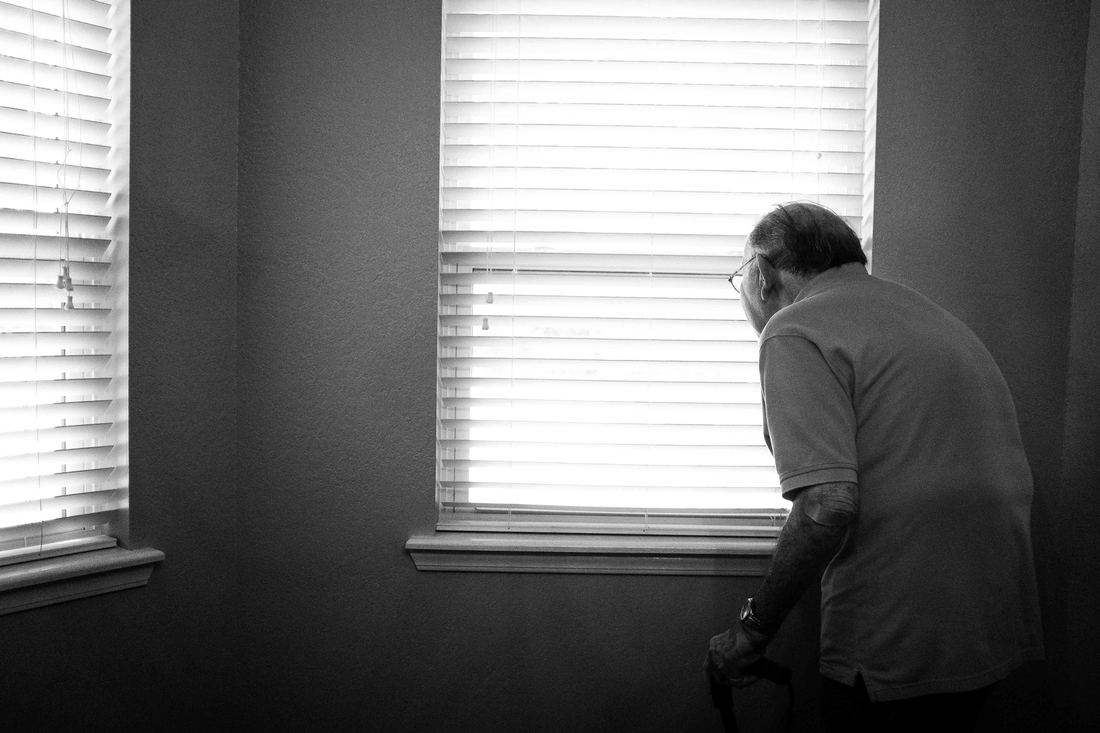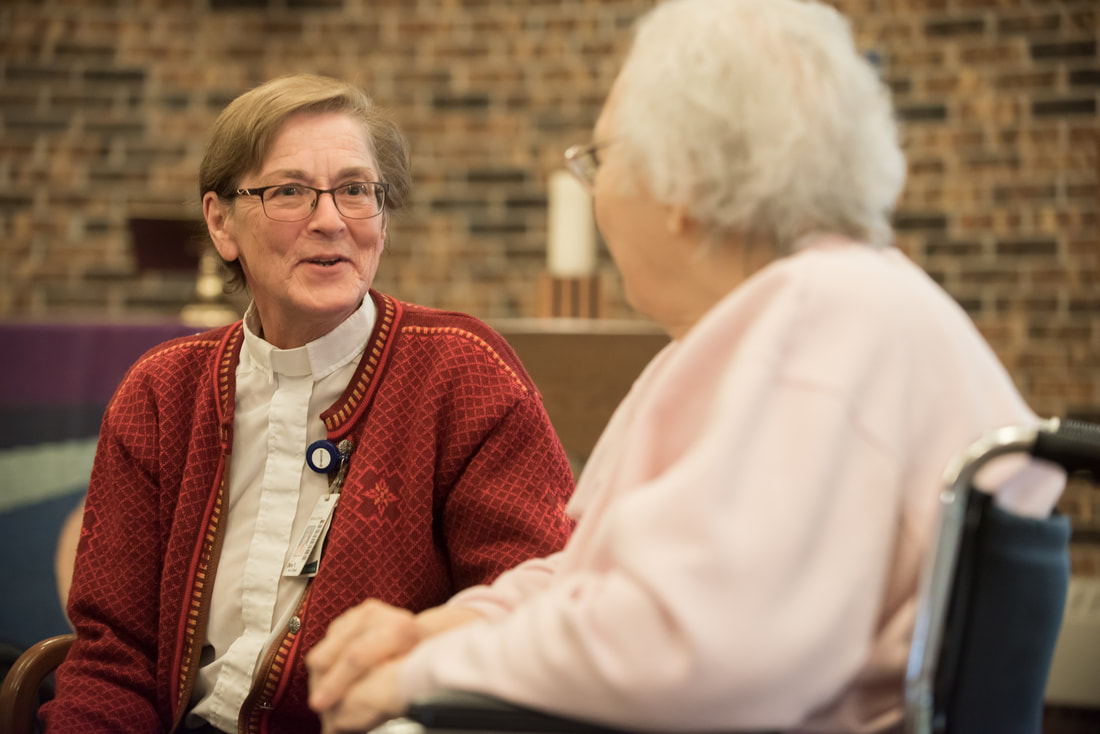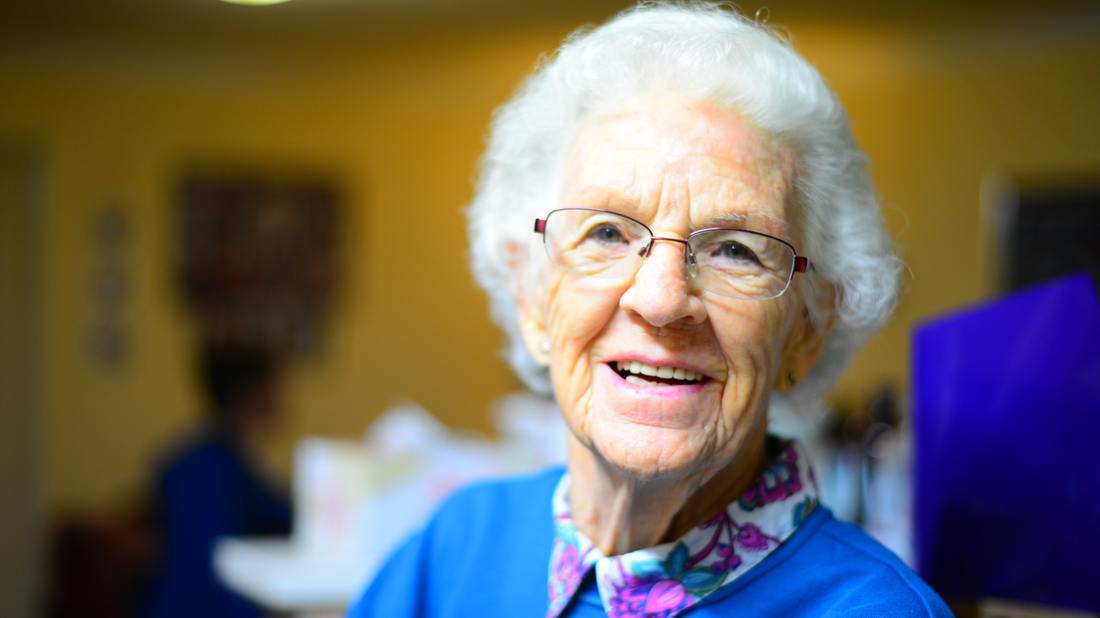|
Have you ever noticed how snuggling and petting a dog, or giving a cat on your lap gentle strokes seems to create a sense of calm and wellbeing? Turns out, there is a scientific reason behind these good vibe feelings. Pets and HealthAccording to an article in TIME magazine, pets can improve your health and happiness. People who have pets tend to have lower blood pressure, heart rate and heart-disease risk than those who don’t. Those health boosts may come from the extra exercise that playing and walking require, and the stress relief of having a steady best friend on hand. Scientists are now digging up evidence that animals can also help improve mental health, even for people with challenging disorders. Though the studies are small, the benefits are impressive enough that clinical settings are opening their doors to animal-assisted interventions–pet therapy, in other words–used alongside conventional medicine. The rise of animal therapy is backed by increasingly serious science showing that social support–a proven antidote to anxiety and loneliness–can come on four legs, not just two. Animals of many types can help calm stress, fear and anxiety in young children, the elderly and everyone in between. Pets and Martin Luther CampusThat is why most Ebenezer locations welcome our furry friends along with their human counterparts to our senior living communities. We have witnessed the joy a dog can bring to the face of an elder, even a nonverbal, expressionless dementia resident. They suddenly light up and reach out for the dog. We have also seen animals bring together residents and help forge new friendships. It is a common denominator that people love - sharing funny and meaningful stories about their pets. As long as pets are well behaved/good neighbors - they help bring life into all our Ebenezer homes. Martin Luther Campus is a pet-friendly location. Contact us for more information.
Martin Luther Campus is part of the Ebenezer family of Lutheran Senior Care Communities. We provide transitional care and assisted living apartments for seniors in Bloomington. We also have adult day clubs and memory care programs for seniors living at home. We’re located at 1401 East 100th St. Bloomington, MN. Are you interested in transitioning to assisted living or do you have a loved one that needs assisted living? Call us at 952.888.7751.
3 Comments
Apathy. It’s one of the approximately 500 symptoms you might well find under the umbrella term of dementia. Apathy’s synonyms include lethargy, boredom, unconcern, droopiness and dispiritedness. For a person with dementia, this state of being may result in the inability to initiate activity, and/or spontaneous thought. Many of us, when feeling bored or droopy, have the ability to switch gears, maybe go for a walk, call a friend, or otherwise think of some activity to cheer ourselves up. Persons with dementia may not be equipped to do that. Instead, they’ll need structure, routine and activities figured out by others. Initiating activity involves planning, organization and motivation. Planning can be complicated, involving lots of steps. For a person with Alzheimer’s disease (whose short-term memory is very limited) or for a person with frontotemporal degeneration (whose executive function is seriously compromised) “complicated” can easily translate into “overwhelming”. When things are too hard for a brain with dementia, frustration often results, and motivation dissipates. To be sure, it can be hard to observe and absorb these changes when a family member was formerly a champion self- starter; creative and keeping busy all the time. We have to remember that the changes of dementia are disease-related, and brain-based. It is not because the person is just being stubborn, difficult, rebellious, or is out to exasperate us. The person is simply reacting to their situation with the brain that they have to work with today, not from the brain they used to have. We must have compassion for the reality of a broken brain, if we are to give care and responses that will encourage and accept the person where they are at, and in so doing continue to strengthen our relationship with that person, and best serve their needs. How Care Partners Can React to ApathyHere are ten tips from the Association for Frontotemporal Degeneration about what you as a care partner can try when your family member with dementia exhibits apathy. These suggestions were created specifically for persons who care for those with frontotemporal degeneration, but I believe there is much here that can be helpful to those who care for persons living with other forms of dementia as well:
This blog is based on information taken from a publication called Partners in FTD Care (8, WINTER 2018), available through the Association for Frontotemporal Degeneration, 267.514.7221, www.theaftd.org Martin Luther Campus is part of the Ebenezer family of Lutheran Senior Care Communities. We provide transitional care and assisted living apartments for seniors in Bloomington. We also have adult day clubs and memory care programs for seniors living at home. We’re located at 1401 East 100th St. Bloomington, MN. Are you interested in transitioning to assisted living or do you have a loved one that needs assisted living? Call us at 952.888.7751. There are many different ways that families handle communicating with their loved one about a move to memory care. The most successful plan will be designed to meet your loved one’s needs. Some family members don’t even tell the person they are going to move, knowing this could create undue anxiety. They bring the person to the new space once it is all set up and say, “Surprise! We found you this great new place to live, Mom!” This is usually followed by one of the advantages. “It’s closer to me; I’ll be able to visit more.” Or, if the person is worried about money, “It’s more affordable!” Of course some people are not too fond of surprises, so this approach will not necessarily work for everyone.
Other families are completely honest with their loved one about the need for “more care” and they even have their loved one participate in the move, i.e., carrying a few things to the new space on his or her walker. But telling a loved one about this too far in advance could backfire, making the person feel like they are being “kicked out” of their current home. Once the person moves into the new place, they may keep packing everything up, as they are still fixated on this idea that they have to move. However you decide to handle the communication, make sure all family members are on the same page, and keep in mind the following guidelines: DON’T keep reminding your loved one they are moving if it makes them anxious. You might try telling them once, in a matter of fact manner, to see how they take it. If it stresses them out to talk about a move, don’t keep bringing it up. DO reassure the person that they will be getting more help. Because of their dementia, they may bring up the same concerns or fears over and over. Let the person voice their concerns, and be understanding in your replies, i.e. “I can see why you’re worried about that. We’ll figure it out.” DON’T pull your loved one into the details of the planning and packing process. Don’t ask them to decide what to bring and what to leave behind. With memory loss, decision making and any process with multiple steps will present challenges. If you don’t already know which objects or knick-knacks are most important to your loved one, spend time observing what things around their home they use and enjoy on a regular basis. DO work with a move manager. A great example comes from a family who had one daughter take mom out for a morning of shopping followed by lunch, while the other daughter was assisting the move manager. The move manager set up the new apartment to look almost identical to the room in the old house where mom spent most of her time. This is a very good idea! When they brought mom into her new apartment, she knew something was different, but she felt very much at home right away. DON’T over-pack. Memory care apartments are small for a reason – large spaces with lots of “stuff” can be overwhelming and anxiety-inducing for people with memory loss. A smaller space with a manageable amount of items in it eases the mind. Again, pay attention to what your loved one actually uses throughout the day and bring just what he or she needs. If your loved one misses something, you can always bring it later. DO consider leaving the TV at home. As memory loss progresses, TV shows can be hard for people to follow. They can also be upsetting, as they can be confused with reality. Bring music, family photo albums and art or photography books instead – they are more therapeutic. Consider leaving valuables behind too. A person with dementia often picks something up, puts it down, and then forgets where it is. Save yourself the heartache of a missing priceless family heirloom by not bringing it to the new memory care apartment. If your loved one insists on having a wallet or purse, expect that these will be lost and you may need to resupply them in a jiffy! Having some extras ready to go for staff to grab is not a bad idea. Fake IDs and obsolete credit cards can be placed into them. But it might simply be enough to reassure the person that “everything is paid for” or that you’re handling all the bills. You can even write this information down for the person—staff can make multiple copies to give to your loved one when questions arise. DON’T get started too late in the day. Try to get the move done so that your loved one is settled in their apartment by 2 or 3 p.m. at the latest. As the day progresses we all get tired, but a person with dementia will not cope as well as the rest of us. Enlist more moving help if you need the extra hands to be finished by 2 p.m. – it will make the transition smoother. DO remember that people usually adjust quite well to their new environment, but that this could take around 2-4 weeks. Be reassured in knowing the staff in the memory care community is there to help your loved one settle into a comfortable routine. Because the new environment (not only the apartment but also the programming and the structure of the day) is designed to fit the needs of a person with dementia, you will start to notice your family member more at ease than they were before the move. When your focus returns to your relationship with your loved one, rather than the details of day to day caregiving, you will also be more content, knowing you have made the right decision. Finally, remember it is futile to try to argue the person out of whatever feelings they have before, during, or after the moving process. The brain of a person with dementia is going to rebel against your logic and may become extremely frustrated and upset as a result. Be respectful of your loved one’s feelings throughout the process. When the person expresses fear, or sadness, or anger, nod and be understanding. You don’t have to “fix it” for them, but it will be helpful to validate their feelings by saying things like: “I can see you’re upset.” “Of course you’re angry.” “I bet I would feel that way too, if I was in your shoes.” “It sure is stressful to move.” “I’m sorry this is hard for you.” “We’ll get through it together.” “I wish I could help you feel better about this.” “I will do everything I can to help you.” And remember to tell your loved one that you love them! Are you struggling with moving a loved one to memory care? Our experts at Martin Luther Campus can help you in this difficult time with resources for speaking to a loved one. Contact us to set up a time to talk. Martin Luther Campus is part of the Ebenezer family of Lutheran Senior Care Communities. We provide transitional care and assisted living apartments for seniors in Bloomington. We also have adult day clubs and memory care programs for seniors living at home. We’re located at 1401 East 100th St. Bloomington, MN. Are you interested in transitioning to assisted living or do you have a loved one that needs assisted living? Call us at 952.888.7751. Few processes are more stressful than deciding upon the best place to move a loved one when it is determined that a move to memory care is the best option. Keep in mind that when this decision needs to be made, it is often critically important, not only for the well-being of the person with dementia, but in order to maintain the health and safety of the family member who is their current care partner. If you are in the process of making this potentially agonizing decision, here are some questions to ask yourself, and others, as you tour and consider various possibilities: What Does the Community Feel Like?
What Can You Learn About the Staff?
What is the Level of Activity and Engagement?
Does the Well-Being of Residents Seem to be a Priority?
What Support is Available Here for Family Members?
This is by no mean a complete list of what you will want to ask, but it’s a start. Two more ideas:
Good luck in your search! At Martin Luther Campus, we’re here to answer all your questions and find the best fit for your loved one. Contact us to set up a time to talk or schedule a tour of our assisted living apartments. Martin Luther Campus is part of the Ebenezer family of Lutheran Senior Care Communities. We provide transitional care and assisted living apartments for seniors in Bloomington. We also have adult day clubs and memory care programs for seniors living at home. We’re located at 1401 East 100th St. Bloomington, MN. Are you interested in transitioning to assisted living or do you have a loved one that needs assisted living? Call us at 952.888.7751. |
Director of Community Relations
Hello friends, my name is Kate and I'd love to share with you ALL of the wonderful things happening at Martin Luther Campus. Be sure to check our Blog, Lifestyle page and Facebook page often to stay updated on the happenings at our community! Archives
November 2023
Categories |
|
telephone |
|
DIRECTIONSimap
|
© 2021 Fairview Health Services
|





 RSS Feed
RSS Feed

